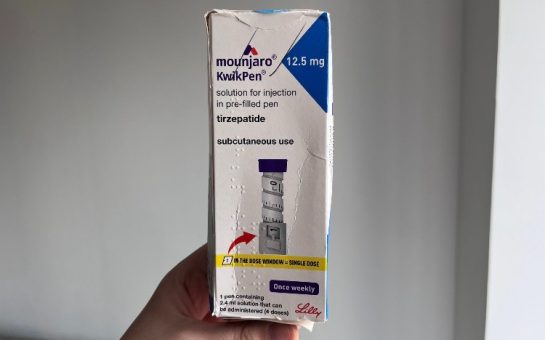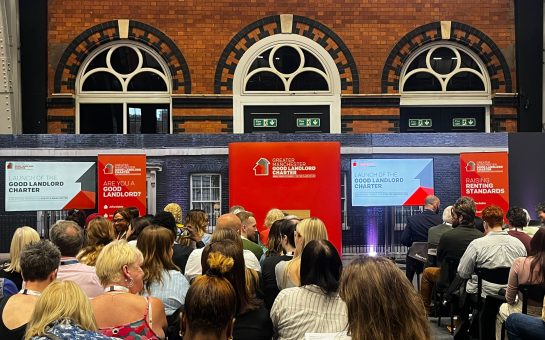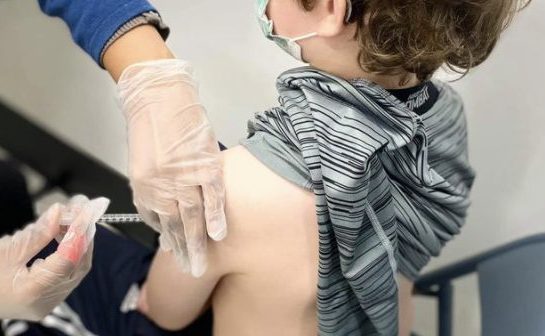Greater Manchester’s mayoral candidates convened at the latest round of hustings on Thursday to discuss their plans to promote gender equality if elected this May.
The Women’s Hustings, hosted by GM4Women2028 and The Fawcett Society was attended by current Labour Mayor Andy Burnham, The Green Party’s Melanie Horrocks, Liberal Democrat Simon Lepori and Independent candidate Michael Elston.
Neither the Conservative candidate Laura Evans, nor Reform UK’s Nick Buckley attended the online event.
GM4women2028 members quizzed the hopefuls on a variety of topics including the negative impact of the pandemic on women, increased domestic violence over the past year, and waning confidence in Greater Manchester Police (GMP).
In a report published in December last year, Her Majesty’s Inspectorate of Constabulary (HMIC) found that GMP failed to record around 80,000 crimes in a year, and judged the service provided as ‘not good enough’.
Referencing this report at the hustings, Burnham admitted that while the GMP had made progress on serious crimes against women, dealings with offences such as stalking, harassment, and coercive control were judged to be highly unsatisfactory.
Burnham said: “That isn’t good enough at all and we need change and we’ve been very clear with them, we need change from bottom to top actually in terms of the way the culture of GMP works, it’s not sufficiently victim centred and it needs to be.”
Responding to the murder of Sarah Everard earlier this month, Burnham has released a Gender Based Abuse Strategy for public review and will launch a high profile campaign aimed at changing the behaviour of men and boys.
In agreement with Burnham, Horrocks reiterated the need for male-focused messaging, and emphasised that better funded, more accessible support services for women and girls are essential.
Elston suggested putting in place a new police department that allows members of the public to report evidence which can be cross referenced if a crime is reported crime at a later date.
He said: “It also gives the opportunity for victims to report incidents which may seem minor at first but then because they’re on the record we have that evidence there for if they escalate.”
When pressed on how they will address the negative economic impact of Covid-19 on women, the three party-aligned candidates suggested radical changes to working culture and a continuation of flexible working.
Lepori said: “We’ve been told for years, we can’t do home work, we can’t work remotely, and we have over the past year, so I would urge the government to look at the working practices and accept them as a new norm.”
The Liberal Democrat suggested expanding schools to become community hubs which could ease the burden on working parents to find suitable childcare.
Both Burnham and Horrocks called for improved pay for workers, with the Green candidate pledging to trial Universal Basic Income in Greater Manchester and noting that flexible working would be particularly beneficial for disabled women.
“There have been many women who have been forced into lower paid work because of their caring responsibilities,” Horrocks said.
“Many people were told there was no ability for flexibility in their work and certainly no remote work was going to be possible, we now know that was never true.”
If re-elected, Burnham hopes Manchester could be the first Living Wage city in the UK.
He said: “If levelling-up is to have any credibility as a concept it needs to start with the people in the lowest paid work, the poorest communities, improving work and homes in those places.
“I want Greater Manchester to be the first Living Wage city region.”



